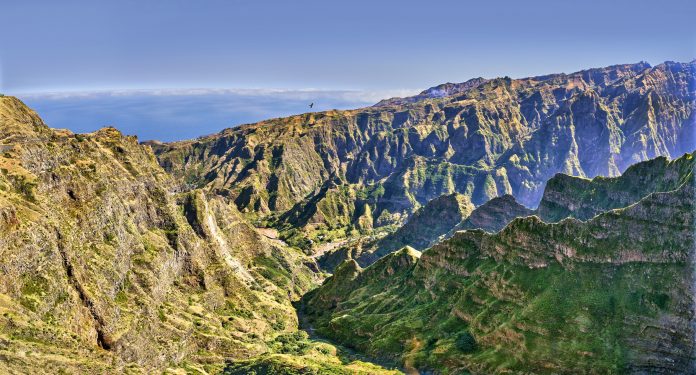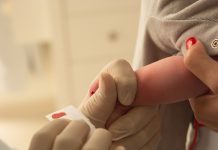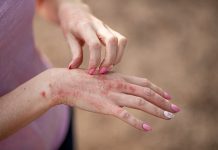The World Health Organization (WHO) has certified Cabo Verde as a malaria-free country, marking a significant achievement in the global fight against the disease
Cabo Verde joins the 43 other countries and 1 territory that have received this certification, becoming the third country in the WHO African region to achieve this status, following Mauritius and Algeria.
The ongoing fight against malaria
Malaria remains an urgent health concern, especially in Africa, where approximately 95% of global malaria cases and 96% of related deaths occurred in 2021. Cabo Verde’s success in eliminating malaria is a triumph for the nation and brings hope for the African region.
How did they officially become malaria-free?
The certification comes after strict evaluation, requiring a country to demonstrate the interruption of indigenous malaria transmission by Anopheles mosquitoes nationwide for at least three consecutive years.
Cabo Verde has met these criteria’s but also shown its ability to prevent the re-establishment of transmission, highlighting the effectiveness of its public health measures.
The World Health Organization reported that Cabo Verde’s prime minister, Ulisses Correia Silva, expressed his pride in the nation’s achievement, emphasising the positive impact on external perception, particularly regarding tourism and overall image.
The certification is expected to attract more visitors to the archipelago, where tourism accounts for about 25% of the GDP. The journey to malaria elimination in Cabo Verde has been difficult. The archipelago, consisting of 10 islands in the Central Atlantic Ocean, faced significant malaria challenges before targeted interventions began in the 1950s.
Severe epidemics were a thing of the past
Severe epidemics were once regular occurrences, but through persistent efforts, the country eliminated malaria twice, in 1967 and 1983. Lapses in vector control led to a reaccurance, but since 2017, both Santiago and Boa Vista, the last remaining islands with malaria cases, have been declared malaria-free.
Cabo Verde’s success is due to strong political will, effective policies and community engagement. The country’s health system which strengthened through the malaria elimination efforts, will now be vital in combating other mosquito-borne diseases such as dengue fever.
The WHO response
WHO Director-General Dr. Tedros Adhanom Ghebreyesus commended the government and the people of Cabo Verde for their commitment and resilience.
He emphasised the importance of strategic public health planning and collaboration in achieving this milestone. Dr. Matshidiso Moeti, WHO Regional Director for Africa, praised Cabo Verde’s achievement as an inspiring example for other nations, emphasising the attainability of malaria elimination with the right approach.
Cabo Verde’s journey saw the integration of malaria elimination objectives into its national health policy in 2007, with a strategic plan from 2009 to 2013 laying the groundwork for success.
Continued efforts
Even during the ongoing COVID-19 pandemic, Cabo Verde safeguarded its progress by improving the quality and sustainability of vector control and malaria diagnosis.
Collaboration between the Ministry of Health and various government departments, including those for environment, agriculture, transportation, and tourism, played a pivotal role in the nation’s success.
As Cabo Verde celebrates this monumental achievement, the global community praises its leaders, healthcare professionals, and citizens for their dedication to eliminating malaria and creating a healthier future.
The certification marks the end of a challenging chapter. It opens a new era of possibilities for Cabo Verde, where a malaria-free status promises economic growth, increased tourism, and improved overall well-being for its people.








